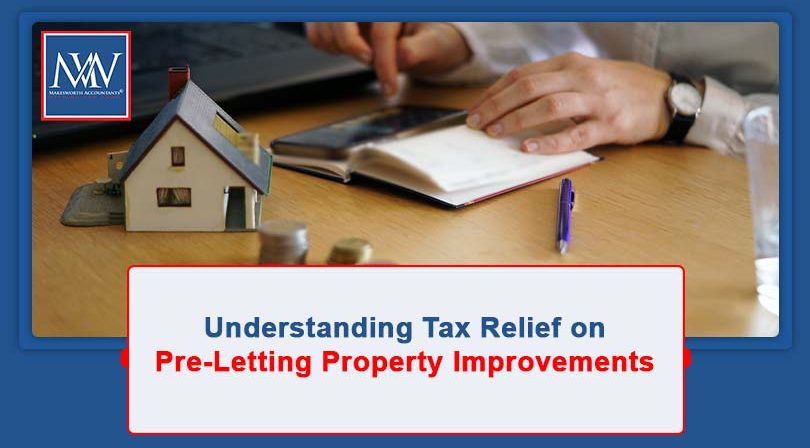
Understanding Tax Relief on Pre-Letting Property Improvements
Preparing a Property Before Letting
When a landlord buys a property with the intention of renting it out, some level of work is often required before the first tenant moves in. This is especially true when the property is old, worn-out, or requires modernisation.
The tax relief available on these costs depends entirely on the type of expenditure involved.
When Does the Property Business Begin?
If the landlord is letting out their first rental property, the property rental business technically starts only when the first letting begins.
It’s common to incur costs before this point — such as basic repairs or essential updates.
Once the first property is let, any work connected to managing or preparing additional properties becomes part of the existing property business.
At this stage:
-
Revenue expenses that are wholly and exclusively for the rental business are deductible.
-
Capital costs are only allowable under the cash basis, and even then, only if they fall within the permitted categories.
Claiming Pre-Commencement Expenses
Expenses incurred before the rental business officially begins can still qualify for tax relief — but only if they meet all the following conditions:
-
They were incurred within seven years before the business started
-
They are not already tax-deductible in another way
-
They would have been allowable if incurred after the letting began
If these rules are satisfied, costs spent on getting the first property ready for tenants can be deducted.
For tax purposes, these expenses are treated as if they were incurred on the first day of the rental business.
Capital or Revenue: Understanding the Difference
Whether the expenditure qualifies for relief depends on whether it is considered revenue or capital in nature.
Revenue Expenditure
These are normal repair and maintenance costs, like:
-
Decorating
-
Fixing damaged areas
-
General “making good”
Revenue expenses are deductible:
-
Under pre-commencement rules for the first property
-
Against the profits of an existing rental business for additional properties
Capital Expenditure
Costs are considered capital when they significantly improve or enhance the property. Examples include:
-
Replacing an old kitchen with a substantially upgraded, higher-standard kitchen
-
Extending the property
-
Installing improvements that increase the property’s overall value
Capital expenses cannot be deducted from rental profits.
Instead, they may reduce capital gains tax when the property is eventually sold.
For more information, Book a Free Consultation
Need Accountancy Support?
For information on bespoke training, or if you have any other questions for Makesworth Accountant, please fill in your details below
















 151
151